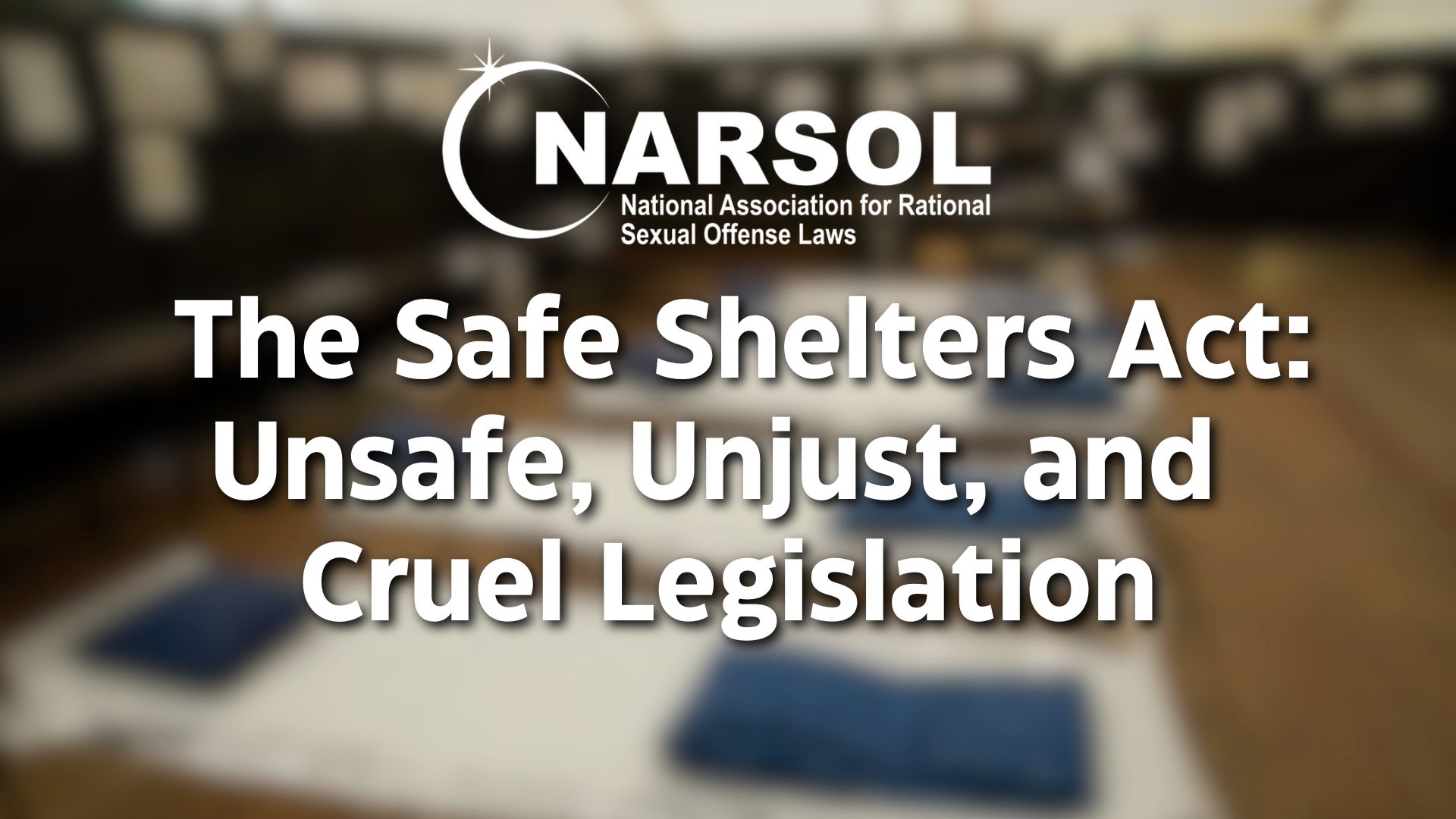“I would take just being left alone”
By Sandy . . . I receive email every day — lots of it. Occasionally it is hate mail, but most of the time it is responsive, informative, helpful, or inspiring. I received one today that can only be described as awesome.
From Vincent . . . I don’t know if you’re familiar with the writings of Cornell legal scholar Joseph Margulies, but in case you aren’t, I call your attention to him. He writes magnificently on what he says is our need for a “forgiving society.” See his many essays at https://verdict.justia.com/
I’ve always wondered what his views are on sexual offenses, but I’m not aware of his having addressed the issue directly. In a recent essay, though, called “I Would Take Just Being Left Alone,” he seems to be talking about someone who is living life on the sexual offender registry. I quote just the first section:
As regular readers know, I have been writing about social forgiveness for some time. Social forgiveness is very different from personal forgiveness. When a victim forgives, they relinquish a debt owed to them by the wrongdoer. Personal forgiveness is thus a purely personal choice. But when society forgives, it restores membership to someone who has committed a wrong against the group. It is a social choice.
But what does social forgiveness look like in practice? I got a perfectly serviceable answer to that question from a reader who got in touch with me after my last essay about Jack Teixeira, the young man accused of disclosing classified documents on a Discord server.
My reader generously shared his own journey, which included a lengthy stint in prison for a very serious crime, and I asked him what social forgiveness might look like in his case. He answered, “I would take just being left alone, free of probation, registration, or record, as forgiveness. I’ve served my time and learned my lesson, I would like to just rebuild a better life now.”
Just being left alone to rebuild a better life. That’s as good a definition of membership in society as I’ve ever heard. It implies nothing more or less than acceptance and tolerance. A person who is “left alone,” as my reader described it, is a person who belongs. At least, they belong as much or as little as any of us can hope to be, neither favored nor slighted by society.
In fact, to leave someone alone is the social opposite of casting them out. When we say, “leave that person alone,” we do not mean, “leave them alone on a deserted island.” We mean leave them to stand on their own feet, like everyone else. Leave them to fall in love, get a job, go to school, start a family, create a community. Leave them to build a life. Do not entomb them in their past. That’s social forgiveness, and I am much in debt to my reader for describing it so simply and so powerfully.
Especially worth reading is Margulies’ essay, “Building a Forgiving Society,” which I send attached.
Hope all is well with you, Sandy. Keep up your work for NARSOL.
Regards, Vincent
This is Sandy now. The essay that Vincent attached is indeed quite good, and the first paragraph is tailor-made for us, for those in our advocacy, especially for those who suffer. It is one of the loveliest things I have ever read.
From “Building a Forgiving Society” by Joseph Margulies.
I am hard at work on a new book. It begins at the end. It imagines we have created a world that is considerably more forgiving than our own. Where society has neither the right nor the inclination to treat a human being as a monster, indelibly branded as unworthy of membership, and where no transgression, no matter how severe, permits society to dissolve the bonds that all humans share, simply because they are human. A world where punishment proceeds from the premise that wrongdoers were, are, and will always remain one of us, and that the goal of punishment is not to cast out but to bring back. Where people are not entombed in their past.



Society thrives on conflict and hate in today’s digital age. Social media fosters toxic virtue signaling with anything sexual in nature. So II have than zero hope and faith in humanity in doing an about face on this topic. People hate to admit wrongdoing in general and don’t want to be corrected on their opinions they hold dear as the truth.
Society is all “forgive and forget” until this subject is trotted out. The ignorance is too pervasive and deep-rooted to deprogram. It takes decades and generations to correct herd mentality and group think. People still hold bias and hate towards all Muslims and we’re at year 22 already.
Their flimsy “it’s not supposed to punishment” argument is in bad faith and insulting. That’s akin to punching someone in the face and deadpan telling them “that wasn’t supposed to be painful.” Or telling a stranger on the street that they’re not a good person then following up with “that wasn’t supposed to insulting.”
It seems your readers miss the point; namely, that the written words of the author above in the article, phrased and chose descriptive words to convey an easily read and understandable explanation of the problem we all have to deal with.
Tired of people telling me they can’t make me register for life since it illegal for a juvenile to!It’s been 33years now.how long is life??Tired of hoping or trying..I’m tired.